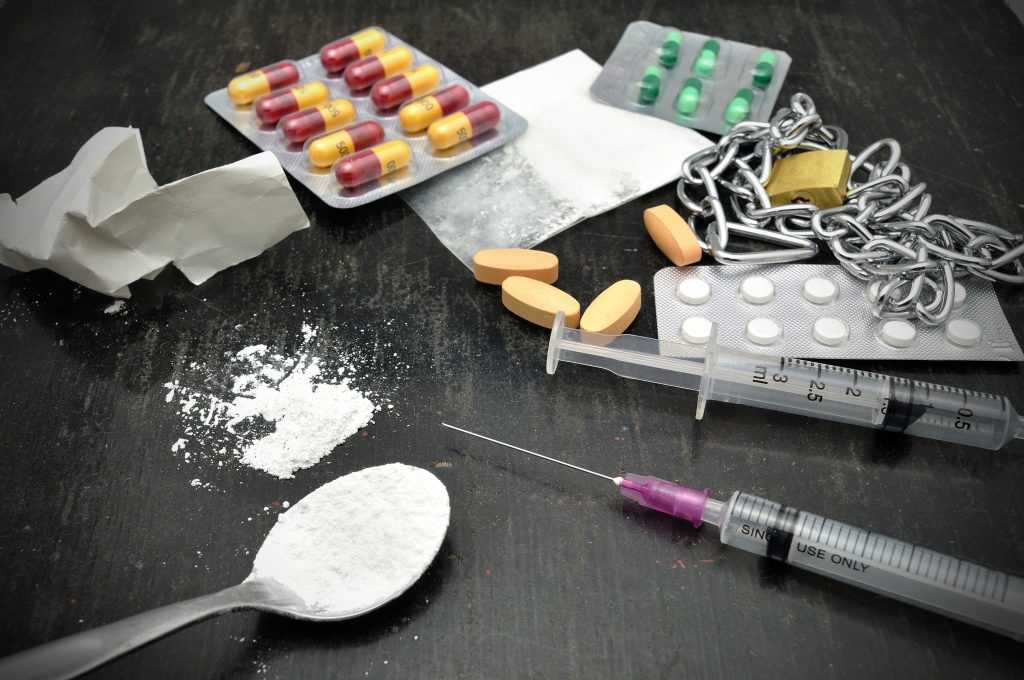 Substance abuse is everywhere – it affects the nation like a plague.
Substance abuse is everywhere – it affects the nation like a plague.
A 2015 article from the US News claimed that addiction is “America’s most neglected disease.” The statistics, the author says, prove everything: 80 million taken captive by the allure of drugs and alcohol, and over 38,000 dying annually because of drug overdoses.
It’s not a pretty sight.
North Carolina is not an exception. Aside from the rising heroin cases, four NC towns are part of the top 20 states with the highest number of opioid abusers. The state also deals with problems concerning abuse of both prescription and illegal drugs by some of its residents.
Those caught red-handed will face charges and end up in jail.
In fact, your loved one might be one of them.
When a Substance Abuser Calls from Jail
No one wishes to hear about a loved one’s incarceration, but when it does happen, it’s best to be prepared.
If a family member or spouse with a history of substance abuse ends up in jail, it comes as no surprise. Loved ones of abusers are no strangers to the empty promises of drugs – how it drives the struggling individual deeper down the rabbit hole. The cycle is always the same: lying, threatening, getting high, remorse, and empty promises.
So when an abuser calls from jail, hoping for a way out, some family members do not immediately consider bail bonds in Raleigh .
Hearing about their loved one’s incarceration for substance abuse is a relief, of sorts. At least they are off the streets and the presence of authorities compels them not to use drugs – that’s how many people see it.
They might be off the streets, although there is no guarantee that the drugs will not reach them in jail.
At a Glance: The Substance Abuser Stuck in Jail
Drugs routinely enter some jails in North Carolina due to inmates or other suppliers (vendors, guards, and visitors). Believing that incarcerated loved ones have no access to drugs is pure naivety.
But there are factors that demand your concern. For example, abusers in jail may go into the detox process, suddenly and without monitoring. When they do, they are at risk for life-threatening medical emergencies.
Prisoners with a heroin addiction are familiar with the term “kicking dope in jail,” otherwise known as in-house detox. The process, however, results in a miserable week of chills, vomiting, nausea, and fever. In-prison detox without the supervision of medical experts can kill.
Bail Them Out or Not?
There is no right or wrong answer for all cases, but generally, prisons are not the best places for recovering substance abusers. Do not risk your loved one’s life. If you wish to do right and help your loved one, bailing them out for rehab is your best option.
During the request for bail bonds, feel free to ask the agent to set conditions in the agreement, such as no alcohol or drug use and entering rehab facilities. The court is also free to add more conditions to the bail terms. The combination of strict guidelines is enough to help your loved one fall victim to substance abuse for the nth time.
If you have a substance abuser in prison, pay attention to their physical and mental health first. Use the bail system to your advantage to get them the help they need.

